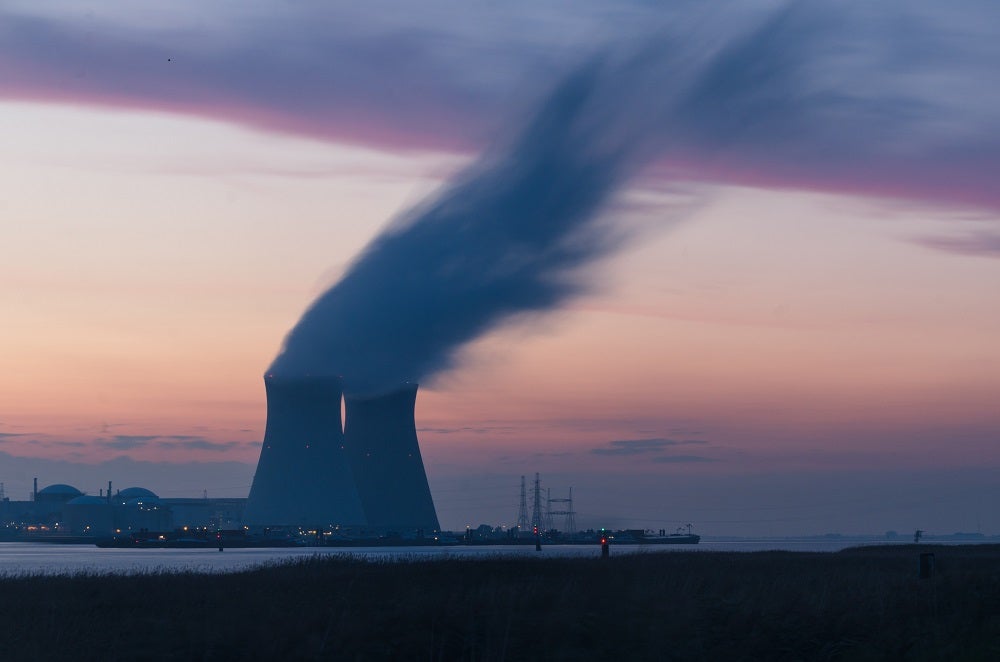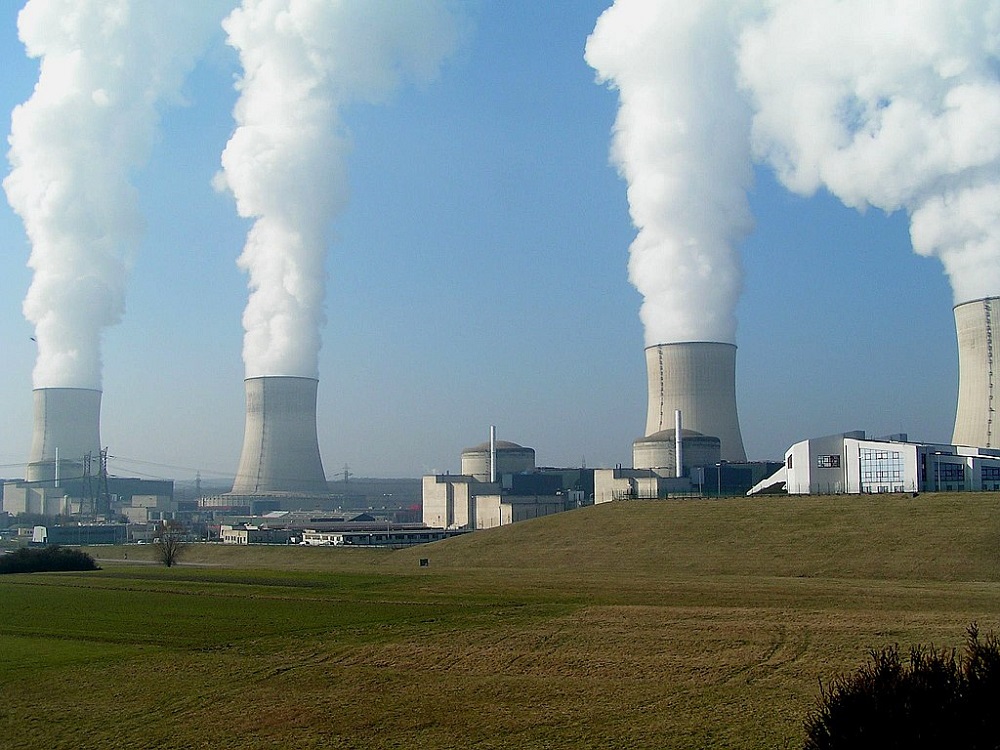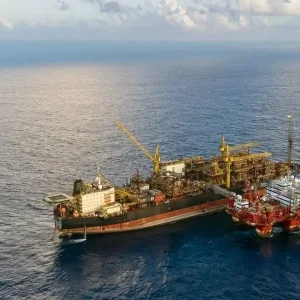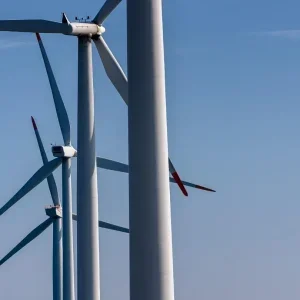
Europe’s policymakers and nuclear industry are missing a “unique opportunity” to tackle the climate emergency through the acceleration of new project development.
Former British politician and CEO of the New Nuclear Watch Institute (NNWI) Tim Yeo says there is an unequivocal case for nuclear energy to play a prominent role in decarbonising the power sector – but western economies currently lag far behind counterparts in China, India and Russia in their strategies.
Speaking to industry delegates in London yesterday, think-tank boss Yeo advocated the creation of a European Green New Deal to address climate change and achieve targets set out by the Paris Agreement.
He said: “Climate change is going to become the main policy driver for governments and investment decisions within our lifetime – there’s a new urgency in the debate.
“It’s now clear that the decarbonisation of the power sector must accelerate very rapidly if we’re going to reach net zero in 2050.
“This is a very big opportunity for the nuclear industry and we’ve got to seize the moment.
“But in the West today, the nuclear industry is not grasping this unique opportunity.”
Nuclear power development in Europe and the US lags behind other major economies
Nuclear power has the potential to provide large quantities of renewable and consistent energy supply to the global mix, but concerns around cost, safety and regulation have been stumbling blocks to investment and policy planning in recent times.
There are currently 55 new reactors under construction worldwide – promising 56 gigawatts (GW) of renewable energy capacity – but just 12 are in the West.
China is the most prolific in terms of new nuclear projects, with 11 new plants underway, while India has seven and Russia five.
Conversely, just 2GW of new capacity is being developed in the US, and 5GW in the European Union.
Additionally, 90% of existing nuclear infrastructure in the US is more than 30 years old, while 75% of Europe’s plants are equally aged.
Yeo believes this is an unacceptable situation if Western economies are serious about addressing the “existential threat” of climate change through the reduction of carbon emissions.
He said: “We can’t sit around waiting for an economic form of carbon capture and storage to become viable 10 or 15 years from now.
“We can’t wait for the large-scale, long-term, flexible and affordable electricity storage, whose availability is necessary for any country planning to rely mainly on variable renewable energy.
“Historically, only two countries have ever cut carbon emissions as fast as every single country must start doing in the next 10 years – France and Sweden.
“And they did it by a massive investment in nuclear energy.”
A European Green New Deal must not ‘ignore’ nuclear power
In light of these concerns, Yeo revealed the NNWI’s vision for a European Green New Deal – a roadmap he believes policymakers need to adopt in order for Europe, a region that currently relies on nuclear to meet 20% of its electricity demand, to become an industry leader in the West.
The foundational New Deal implemented by US President Franklin D. Roosevelt in the 1930s was “a series of emergency measures responding to a crisis”, said Yeo, “and that is exactly what the world needs now in response to climate change”.

He added: “It must be a specific programme of practical measures for action, capable of immediate implementation – not just yet another set of worthy but vague principles and aspirations.
“We’ve got enough vision statements, we need concrete policies.”
Central to this framework is the role of nuclear power in contributing to a low-carbon global energy mix – something he said has been ignored by European lawmakers, despite industry support for the sector.
“It is simply unwise and wrong for the European Commission’s technical commission group to discriminate against nuclear energy, by excluding it from the taxonomy of sustainable investments which enjoy favoured access to funds,” he added.
“Their decision ignores the advice of the IPCC, IEA, OECD, FTI and many others – all of which recognise the essential role of nuclear.
“Any form of low-carbon energy which helps to prevent dangerous and irreversible climate change should be supported.”
While critics of nuclear power argue that it is not a cost-effective way to pursue a cleaner energy system – EDF’s Flamanville project in northern France was last month lambasted for running more than $9bn over budget – Yeo was resolute in his view that the urgency of climate change demands taking some risks in investment.
“Costs are important and should not be ignored,” he said.
“But what is even more important is cutting emissions in time. It’s no good developing cheap forms of low-carbon energy to kick-in in 2050, when we’ve already reached the maximum safe level of greenhouse gas concentration in the atmosphere.
“Delaying investment in low-carbon capacity is potentially even more damaging than paying high prices for pioneering nuclear plants.”






